What are some of the things and who are the individuals in your early years who influenced you, especially concerning the establishment of the Ife Institute of Advanced Studies (IIAS)?
My background, my parents’ legacy and the advantages of being raised according to the Christian ethos of love, community upliftment and development are my biggest motivation. A surrogate mother, who was also responsible for raising me, and my interest in community development also influenced me. My love for culture and tradition came from her too, because she married a Chief at Oke-igbo, who was a devotee of one of the deities. As a result, I grew up listening to Ibeji (twins) chants and songs. My father was also an Anglican priest, he moved from one community to another to preach the gospel, and so anywhere he went, I was there as well. My upbringing was cosmopolitan as a result. Then of course, the high school and universities I attended were very instrumental to my interest in supporting scholarly work. All these had a great impact on my interest to start the IIAS. I attended the University of Nigeria, Nsukka after the civil war and there they have buildings named after great Nigerians like Obafemi Awolowo, Richard Akintola, Isa Katia, Akpabio etc. However, a few years ago when I went there to receive an Honourary Degree from the university, I wept because of the present state of the university. This is another reason why I thought we must work strategically together to make things right.
What can you say about the institute so far, especially regarding the trainers, how it started and so on?
I am glad we chose the right thing and I am very happy with what we have seen so far as outcomes. I did not just wake up to do this. Anyone who thinks that was how IIAS came about, has missed the point. It is about a lot of work and years of sacrifice.
I am a very lucky person, because none of our scholars in Africa and beyond Africa that I have ever called upon to help us has never said ‘no’ to me, not even one. It is a model I think I am interested in talking about. It is not about competition. It is even good for us that we become the model of excellence that people now see. That is the beauty of it. We also try as much as we can to make it open so that we can get more of this initiative from other people.
Some of the people who are involved in this, when they start telling stories of their encounter with me when I was a young Lecturer. Most of the things they say, I do not even remember. Imagine someone telling me, ‘’you paid my school when I was stranded somewhere….” Nevertheless, I cannot even remember. It got to a point in my career and life when I started thanking God, and even begged God not to let me remember these things, so that I do not begin to be proud and arrogant, or feel I have accomplished.
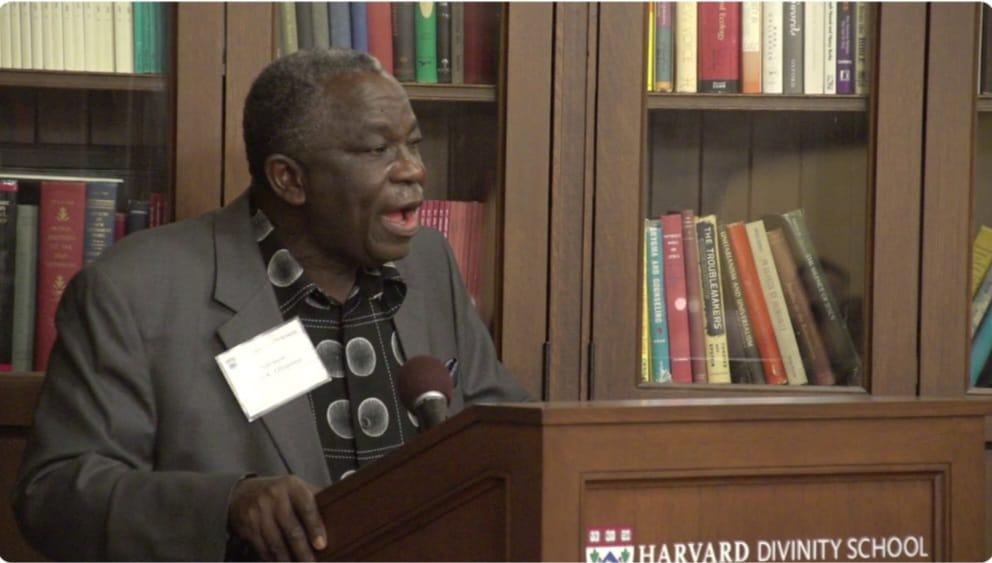
What is the motivation behind your support for scholarly research; work etc., especially for young scholars, educational empowerment and the establishment of IIAS?
It has its own history. It has to do with how people of my generation, especially those who went to university in the 70s and 80s, and how we were trained, how lucky we were to be trained by some of the best and the brightest in the country, even from the High school. The teachers who taught me back then at Gboluji Anglican Grammar School, Ile-Oluji, Ondo State, are equivalent to todays’ senior professors in the universities. We had very bright teachers who were also like parents to us. Education back then, was not just about academics. It was also about good character, which was a very important part of our training. As a result, gaining admission/entry into the university was not difficult for us. Infact, there was a time when about five students from our school Gboluji Anglican Grammar School gained admission to study medicine and surgery at the same time. That was how awesome education was then. Many Africans, including myself, were unique when we went to study abroad. So when we finished, we asked ourselves, why did we come here? Let us go back home and create something similar, so we can train the young generation of scholars. I am grateful to God for the opportunity to train many Nigerians at the University of Ife (Obafemi Awolowo University). It is this success story we are bringing back via IIAS, so that we can train and support people who are ready to be the change and make a change, because really, time is against us as a country.
I thank God for the opportunity to encounter great minds who sacrificed themselves for other people’s benefits. Even among ourselves, we had healthy rivalry that propelled us to be better as students. Those great minds then, are today’s great men and women who live in and outside of Nigeria. All these are few of the motivations behind what I am doing today in support of scholarly works.
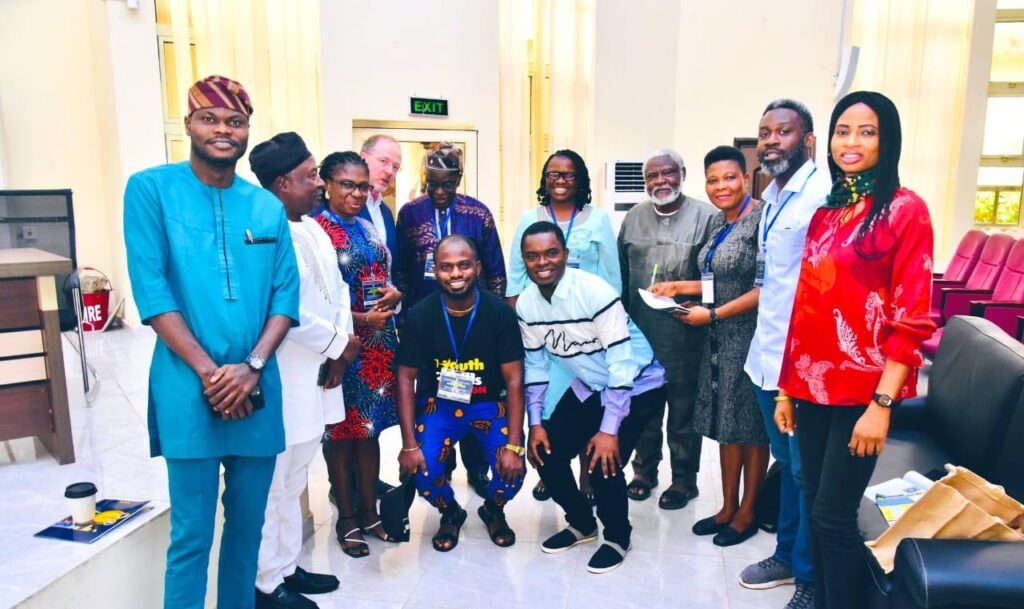
Please tell us about your training abroad as a young scholar
Back then at the University of Ife (now, OAU), if your course was not available at the graduate level (postgraduate) or if your course was not available in the country, and there was no one to teach it, they would create a scholarship for you and send you abroad for further training. Ife was able to send many people, including myself out for training. However, because they did not want us to be too comfortable in Europe and America, they were paying us stipends, and not a salary. It was a great way to ensure we faced our goal of studying abroad.
All of us were anxious to finish and come back to Nigeria. One of the best minds in Nuclear physics, Professor Adegbulugbe, was part of that group alongside others and myself. Most of us who went to the United States of America, came back home, we did not stay back. There was no reason to hang around America, because home was better. We came back and we were challenged to do things we would never have been asked to do in the United States i.e to develop new programmes in our various fields. The nuclear science technology at the University of Ife (now OAU), Professor Adegbulugbe was involved in that. I was given the responsibility of revising the syllabus in religion…so, we trained ourselves for Nigeria and for our universities, and we came back.
Sir, at what point did you decide to leave Nigeria?
When the crisis started because of the Structural Adjustment Programme (SAP) in the 80s, a lot of us left Nigeria. You know that the United States of America is good at making the best use of talent. America will grab talent and turn them into something better for themselves. Today, it is easy to see Nigerian Professors distinguishing themselves there, whether it’s in cancer research, engineering, literature etc., we are there. It also comes with sober reflection. I knew I trained myself for Nigeria and Africa, and they trained me, and I came back to give back. Infact, the first set of students I trained are now professors too. They are all over the world contributing to human development.
Prof, why Ife Institute of Advanced Studies?
At one point, it occurred to me that things must not continue the way they were going; that we just had to do something about the state of education/ scholarly training and research as a collective response for a brighter future. Therefore, I had meetings with people that I have trained, my friends and some who have not even been to Africa, nor are they Africans, to come together and support the vision of supporting stronger scholarly work in Nigeria. However, we had to do it in such a way that it didn’t conflict with the existing structure. Therefore, we decided to create a programme that would not involve the awarding of degrees, but one that would empower young scholars to know what they need to know to become formidable global scholars. So we provide a kind of rite of passage for them, to know how to become a global scholar. I convinced our colleagues and friends who were abroad, came back home and had meetings with our colleagues at home too, because without their support, the idea would fail. IIAS is an in-person training and support that offers listening sessions, one-to-one interactive support, and follow-up support (cluster and global).
I visit Nigeria every year, I teach students in class. I support the professors, some of whom were my former students. I was able to convince them (Professors from the University of Ibadan, Ilorin and OAU) about the institute initiative. Then we created a critical mass of scholars who will be responsible for mentoring and teaching young scholars. Then we focused on pre-doctoral and doctoral.
We carried out our homework, and noted all the sins of omission and commission, as well as all the important things necessary to teach and train young scholars. We also included the issues of ethics, relationships (lecturer-students relationships). We got experts from Nigeria, Germany, South Africa, etc. to support them via the annual IIAS programme. When we started the programme, we had trainers who came on their own. They paid for all the expenses themselves. That was the type of passion and commitment our trainers put into the vision. I also made a deliberate commitment to ensure that the IIAS programme started as a summer institute, then later transformed into what it is now known as Ife Institute of Advanced Studies (IIAS). The 2024 programme makes it the eighth year since we started. It started as a Nigerian dream, then African, but now, a global programme. Participants are welcome from around the world.
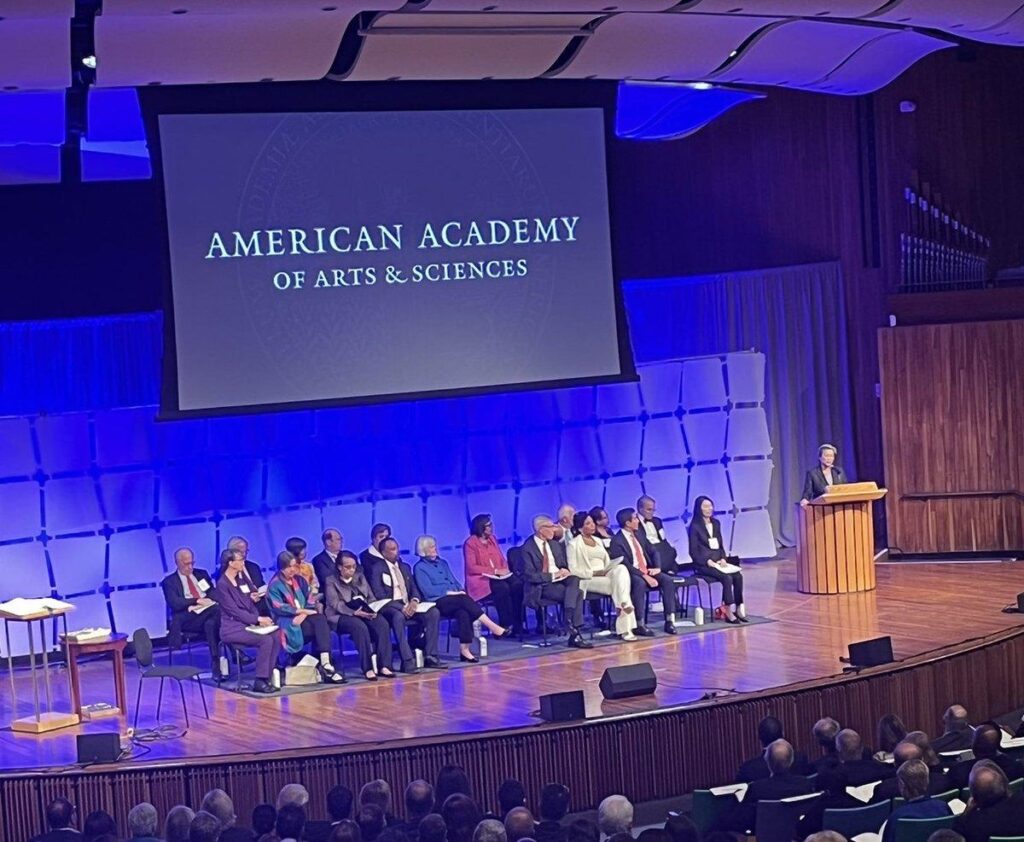
Prof, what is the sustainability plan you have for the Institute (IIAS)?
We encourage fellows, professors and lecturers to have a mindset that the institute belongs to all. Because one of the reasons why many of such dreams died in the past is the fact that they were mainly associated with the founder. However, because IIAS is based on a non-profit idea, it was first funded by Michael and Henrietta Olupona Foundation, which was established in memory of my parents, to build a socially, economically and spiritually strong Africa through education, peace and equal opportunity for all.
Presently, we welcome donors who are willing to support the vision. If we are lucky to have great minds who are interested to support our vision, we shall name buildings in their name or preferred names to remember their deeds towards supporting scholars for societal development. We also plan to name some of our structures after great people that today’s generation of young people do not know. People like Professor Adeoye Lambo and so on. So that their contributions to national development will be remembered forever. It is our desire to bring in something we have seen elsewhere back home, to suit our needs. We are also planning to have an endowment, to ensure sustainability. We want the institute to be in a place of its own where we would be having consultancy, workshops, conferences, etc.
Prof, why do you think many of today’s scholars staying back abroad? Why do you think they are not as anxious as you were to return to Nigeria?
If Nigeria is able to do things right, ‘Japa’ (traveling to live abroad without an immediate plan of returning home) will become ‘Japada’ (anxious plan and readiness to return home after studying or working abroad). Let me say that many Nigerians are aware of opportunities at home, and they would love to come back. However, there are challenges existing at home that they all do not want. For example, insecurity is one, No one wants to come back home and be wasted by some ignorant and evil people. Basic infrastructure that could make work easier is another. Even for me, it is difficult for me to visit my hometown, Ute, in Ondo State because of insecurity. The existing avoidable challenges make it difficult for Nigerians abroad to come back home. So, as soon as many have the opportunity to leave, they take advantage of it to plan for their future.
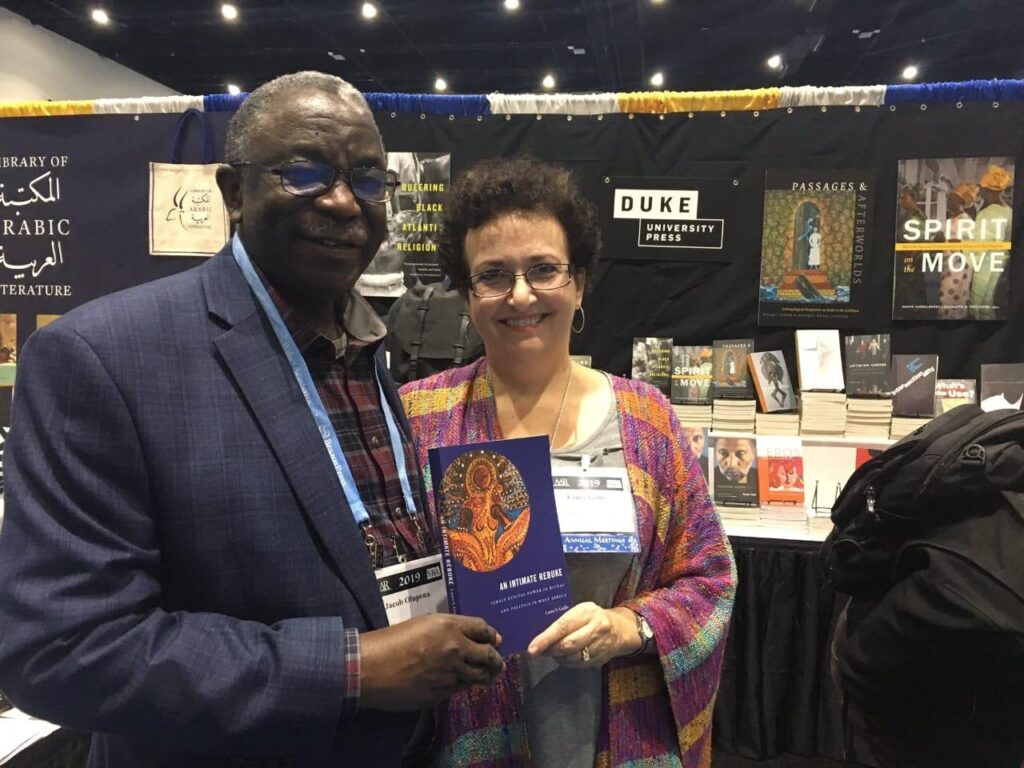
Prof, how has IIAS been funded?
The Ford Foundation (WA) and Master Cards Foundation have supported us. Nevertheless, we want to move beyond this by ensuring we have our own mini campus. We have been using the Obafemi Awolowo University (OAU) campus but it is time we have a permanent place of our own. We need a place that would say a lot about the institute’s purpose and vision. Already, we have secured some hectares of land for this. We are working to have such a place with modern technology and great engineering designs etc. We have some of the best specialists in the world working with us on this. People like Professor Olurinde Lafe – a highly distinguished Nigerian professor of engineering. We are glad to have such a genius in our midst.
Prof, what do you have to say on the issue of the ‘Old’ New National Anthem?
The old new national anthem is more meaningful. However, people reacted badly to it because they cannot see the connection between an empty stomach and a meaningful national anthem. People feel there is an urgent need for the government to do a lot more about the issue of poverty eradication. For example, due to insecurity, some farmers cannot afford to go to farm regularly. The ripple effect of this is enormous. But beyond the anthem issue, irrespective of our differences, let us speak the truth always and let the devil be ashamed. Truly, the mess met by the government is huge. But there are certain things we should be able to do right. Nigeria needs a structural change to take us out of our challenges.
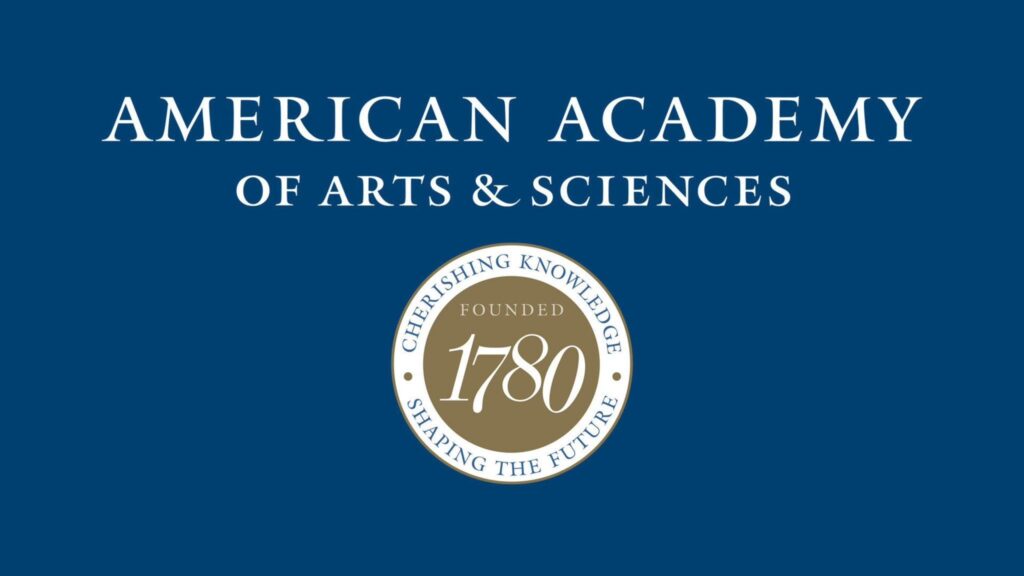
What role do you think philanthropists, corporate organizations, faith groups and religious institutions can play to support the IIAS vision?
Philanthropists have played a major part in what we have been able to do in the last eight years. Quite often, philanthropists think that we know what to ask and how to ask. But we do not. We are scholars, we are thinkers. In a country like the USA, people in the universities or foundations will bring scholars and supporters together, connecting gaps like this. But here in Nigeria, we do not have that. That is why we need philanthropists to come forward and support our vision for the benefit of society. It is also another way for philanthropists to leave a lasting legacy behind. Sustainable support from an individual, people or organizations would go a long way to establish a permanent perpetual memory. In our institute, we want to create that. We want it to be a center of excellence, of philanthropy, so that people will know how to immortalize their legacy, and that of people who are dear to them. Chief Dele Fajemirokun is the kind of philanthropist that fits into this category. We need people like him who have good intentions and can match today’s vision with tomorrow prosperity. There are still many people like him out there, we need their support.
Old students of various high schools and higher institutions of learning should come out more to support their institutions from decay and ruin. All of them, home and abroad should come together to salvage our education system for our collective future as a nation. Several people have told me that if the institute were to be in the United States of America, by now, foundations would have been coming to ask how they can support us. Really, that is the truth. Let us educate our people who are capable of supporting initiatives like this, so that we can make a great nation out of great ideas such as this. Nigeria is blessed in all areas. We are blessed even by the caliber of professors we have around the world. We are not short of professors. Infact, I once challenged a Vice Chancellor to ask me to provide a list of 100 distinguished Nigerian professors from across the world that we could bring to Nigeria. They want to come home too. But would they get the resources, support, cooperation, security of life, political will, and appropriate funding support for their ideas? Those are the issues.
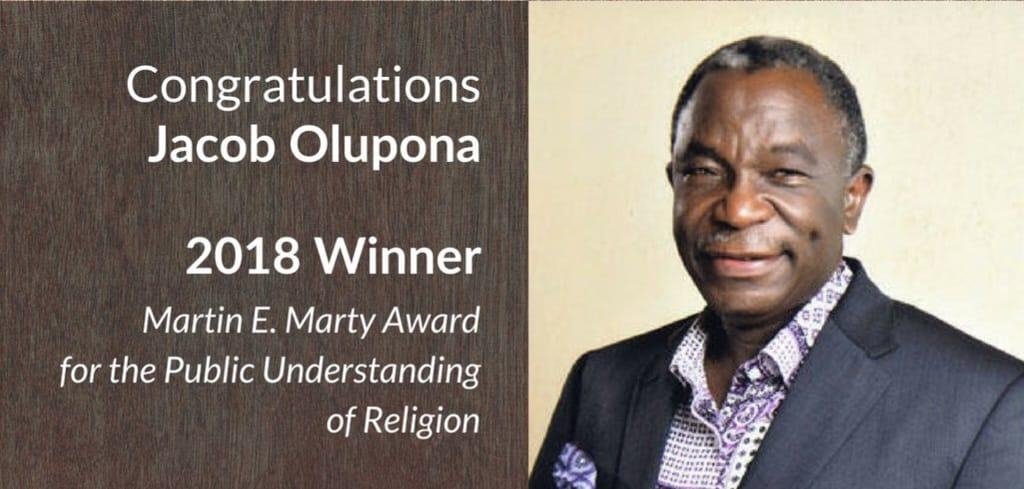
You seem to be very committed to a greater Nigeria Prof…(Prof cuts in)
The world is wondering how a country like Nigeria that is so blessed can be this chaotic. Despite this, some of us are still very committed to Nigeria and we are not going to give up on her. We are not going to allow anyone to drive us away. By God’s grace, we will be safe to carry out our dreams of a better Nigeria, and we will support our leaders. We know what we are doing is a revolution but it is one that does not involve the use of arms and violence. It is a revolution that has to do with the gradual training and support for young scholars; giving them opportunities to be themselves and be able to excel in their chosen career for national development. I believe in Nigeria. I love Nigeria and this is where I belong. When I am gone, by God’s grace I will come back to Nigeria as a Nigerian. I pray to God to live long, but when I am gone, I am going to come back to this country called Nigeria. I am coming back.
On IIAS Fellows.
Some IIAS Fellows have gone to first rated universities across the world for their PhD. Some are winning more Fellowship opportunities all over, and are excelling in their career. This is a big testimony for us.
On religious organizations.
We must do better to connect with religious organizations and associations. Let us not limit ourselves as a people, to criticizing them alone. We need to also see them as partners in progress in our efforts towards a greater Nigeria. For example, quite a number of religious/ faith groups have universities. It is a great way for us to support their scholars through partnership with us at IIAS.
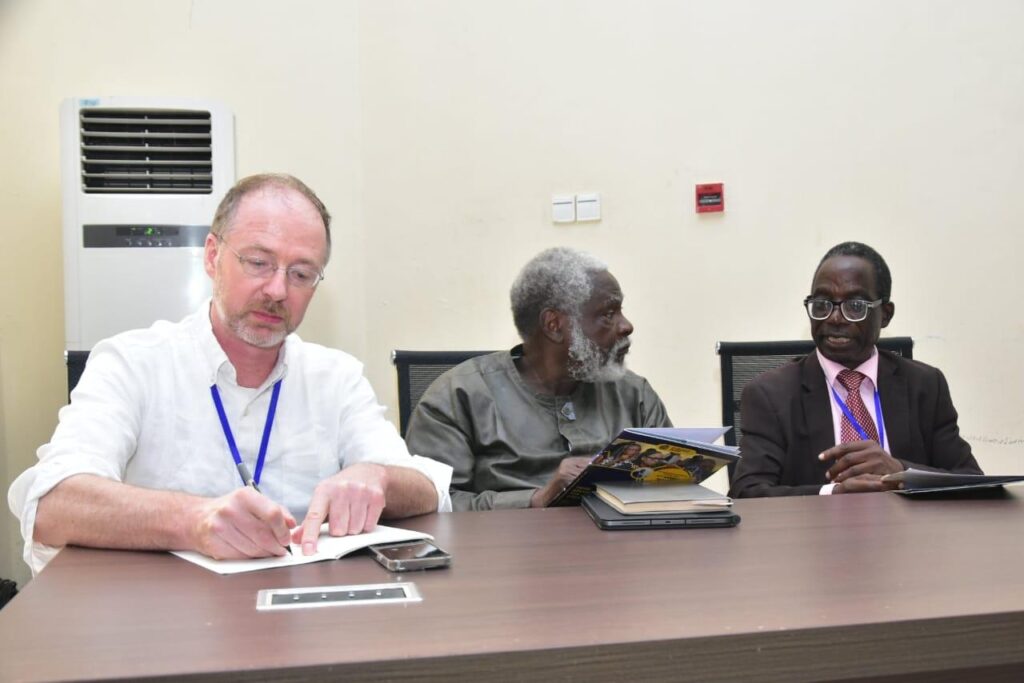
In brief, what do you think about the future of IIAS, Prof?
The future is bright which is another reason why we keep praying to God to have the appropriate resources we need, to carry out our plans and achieve the set vision. We already have people who share the vision and are willing to take over the coordination and management of the institute. In a few years from now, some of the professors who have been with us on this journey will be asked to become conveners. This is also a part of the sustainability plan. So far, we have trained about 500 Fellows. We shall make them more involved in the running of the institute. With God on our side, once we have more resources to support us, the future is very bright.
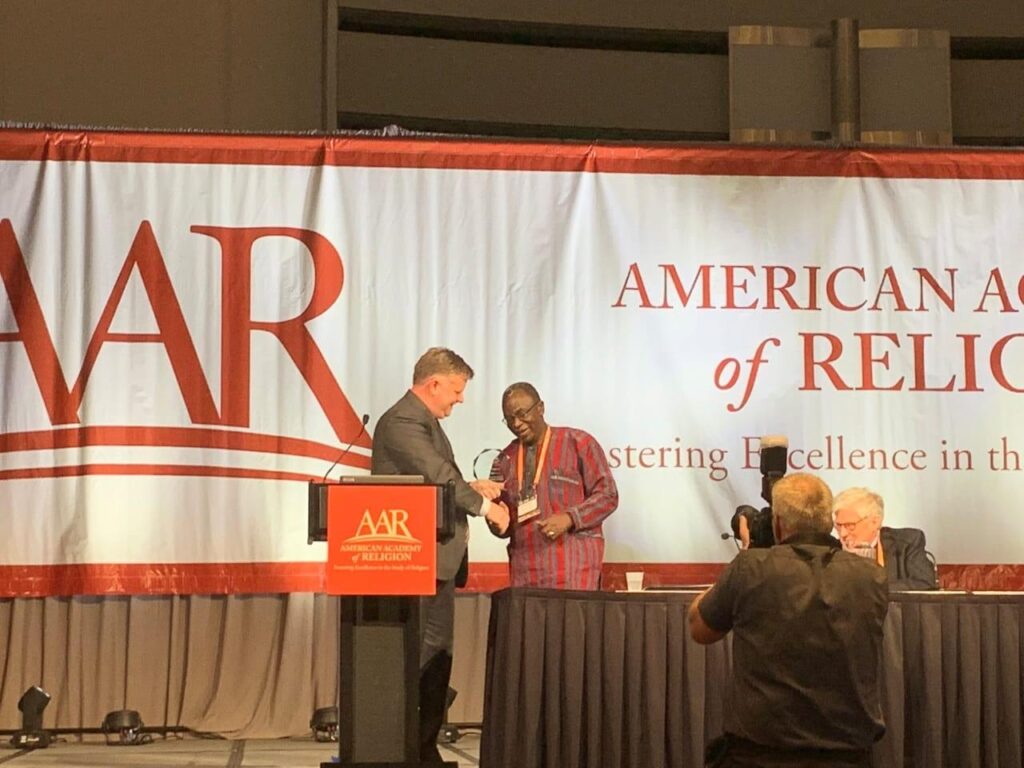
What would you tell President Tinubu regarding national development if you were to meet him again?
We met a few years ago to discuss his ambition, so that I could offer some advice. I did the same during the last election. However, I would reiterate the need to take seriously the concerns in the education sector, so that we can strengthen the quality of education at all levels.
I will tell him about the need to take some actions and decisions. For example, we don’t have any reason as a country to go through what we went through because one person decided to change the country’s currency without going through the laid down procedures; something that happened during the tenure of the last administration. An action which unfortunately led to the death of so many people. Such action even led to people questioning our existence as a country. We must do things better in the interest of the citizens. The president must ensure he sets things right, even if that is the only thing he can do, he would be remembered in history for setting things right. The President Tinubu I know means well for Nigeria. He wants the best for Nigerians and Nigeria. But he needs help to right the wrong. We must all do our part too.
_______________________ Jacob Kehinde Olupona is a Nigerian born American professor, writer, and scholar of religious studies. He is a professor of African Religious Traditions at the Harvard Divinity School with a joint appointment as Professor of African and African–American Studies in the Faculty of Arts and Sciences at Harvard University. Professor Olupona was elected to the American Academy of Arts and Sciences in April 2023. Jacob Kehinde Olupona was born in Ondo State, Nigeria. He obtained his BA, Religious Studies from the University of Nigeria, Nsukka (1975); MA, History of Religions from Boston University, Boston (1981), and PhD, History of Religions also from Boston University, Boston (1983). He was a Senior Lecturer (Associate Professor), Department of Religious Studies at the University of Ife (now OAU), Ile-Ife between 1987-90. Became Chair, Harvard University Committee on African Studies, 2006. Was Director African-American and African Studies, University of California, 2000-2005. Professor Olupona was also the Edna Gene and Jordan Davidson Chair in the Humanities, Florida International University, Miami, Florida (Visiting Fall of 1999). He was a Senior Fellow, Center for the Study of World Religions, Harvard University, Cambridge Massachusetts (Fall semester) among others. Professor Jacob Kehinde Olupona has published many books, academic journals and articles among which are Orisa Devotion as World Religion: The Globalization of Yoruba Religious Culture (University of Wisconsin Press, 2008):City of 201 Gods: Ile-Ife in Time, Space, and the Imagination (University of California Press,2011) and African Spirituality: Forms, Meanings and Expressions. Professor Olupona has served on the editorial boards of several journals and also as the president of the African Association for the Study of Religion. He holds an honorary doctorate in divinity from the University of Edinburgh in Scotland. He is the convener of the Ife Institute of Advanced Studies (IIAS) - an international Institute for doctoral and postdoctoral fellowships in the Humanities, Social Sciences and STEM.


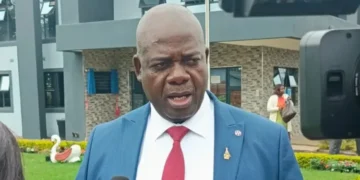
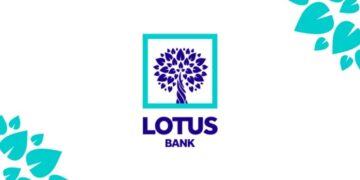
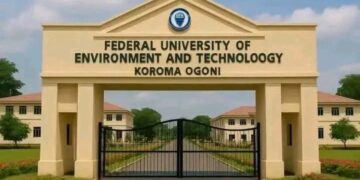
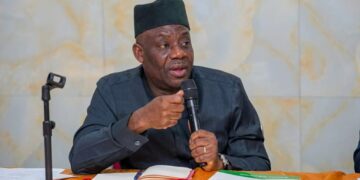
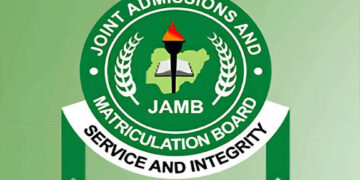

























































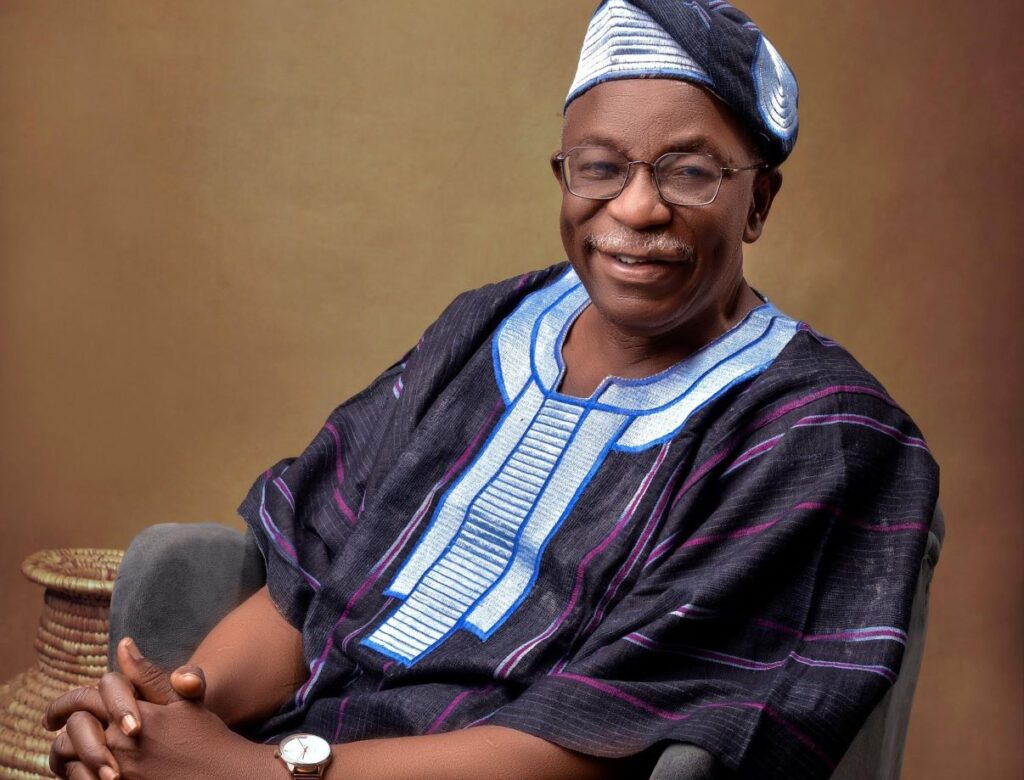


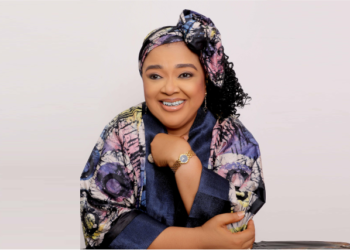
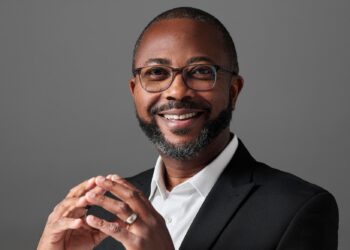
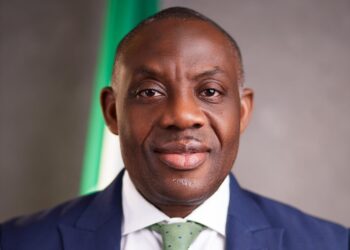
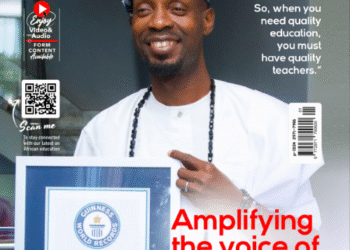

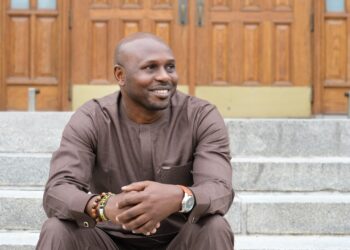










 EduTimes Africa, a product of Education Times Africa, is a magazine publication that aims to lend its support to close the yawning gap in Africa's educational development.
EduTimes Africa, a product of Education Times Africa, is a magazine publication that aims to lend its support to close the yawning gap in Africa's educational development.